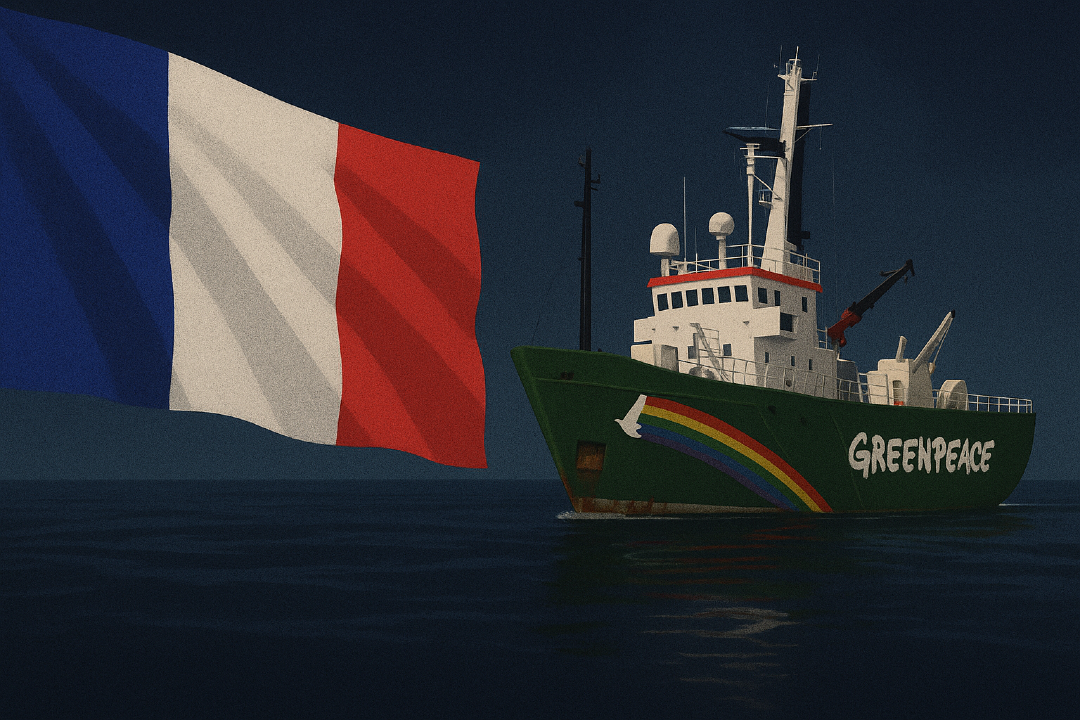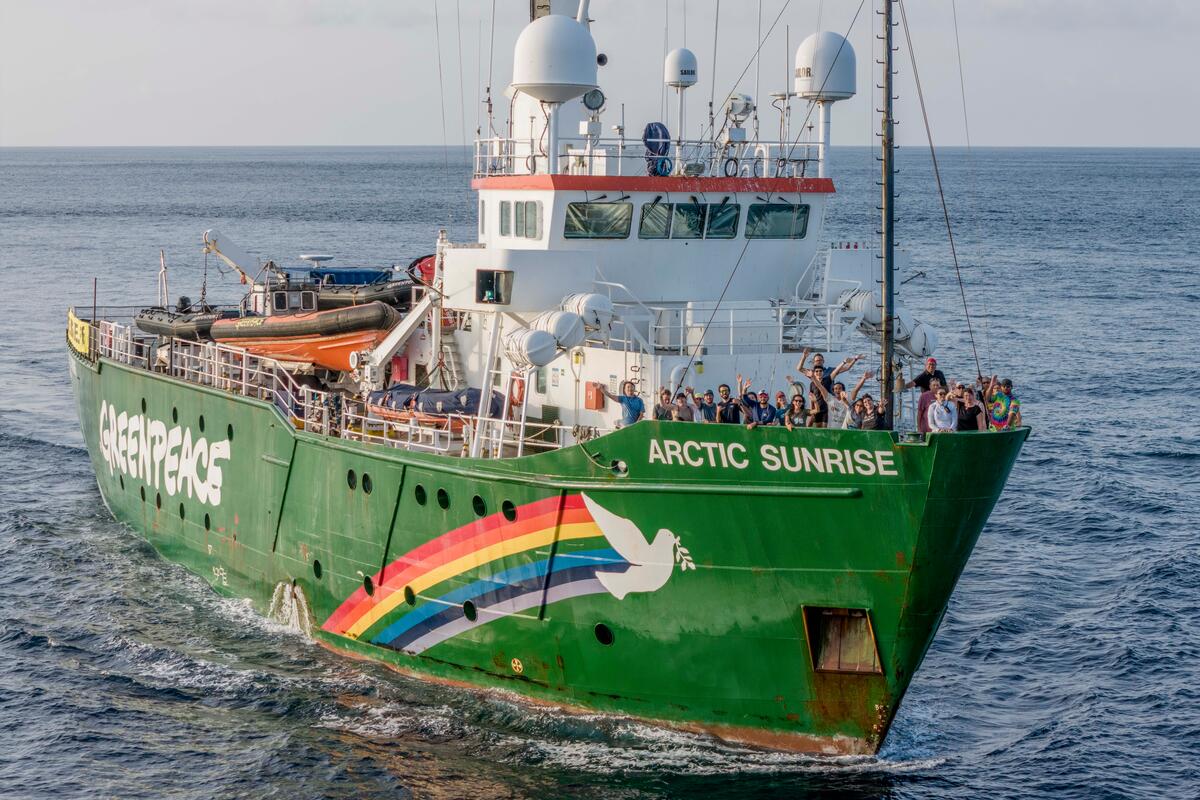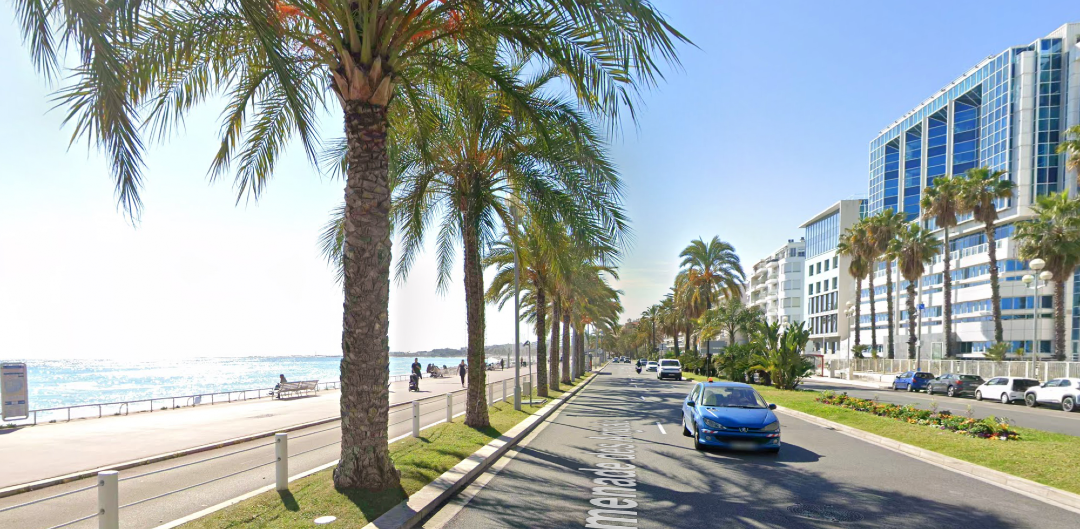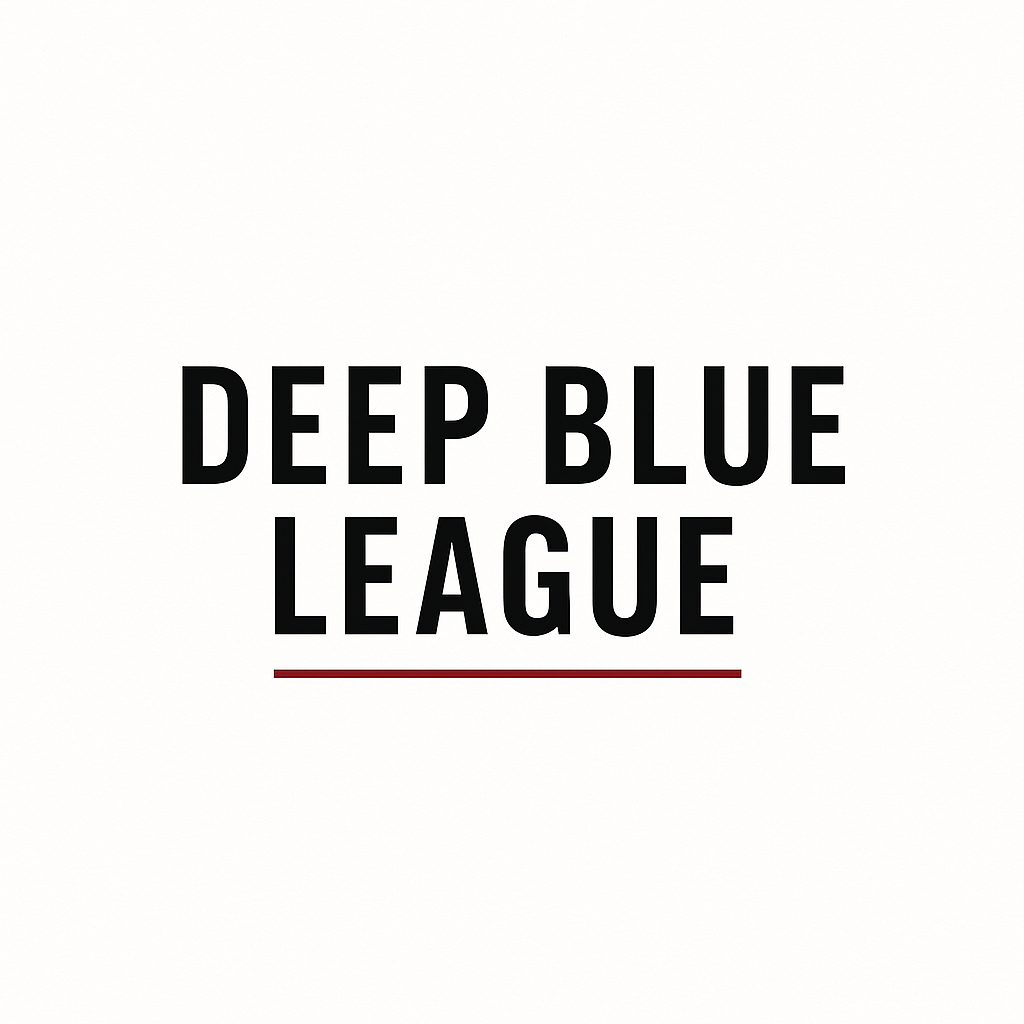Anti deep sea mining allies face off as France blocks Greenpeace ship from entering Nice for UNOC3
France and GreenPeace both back a moratorium on deep sea mining, but will other disagreements stop them working together on this imminent 'threat'?

Two parties on the same idea of the deep sea mining debate are clashing in France, as the French authorities block a Greenpeace ship from entering the Port of Nice for the UN Ocean Conference, UNOC3.
Greenpeace says its ship, Arctic Sunrise, is carrying 3 million signatures calling for a moratorium against deep sea mining.
Its activist passengers had been hoping to deliver the petition to heads of governments set to attend the conference.
But yesterday the ship was blocked from entering the port in the southern seaside town of Nice, despite a now-rescinded invitation to attend by the French Foreign Ministry.
France also backs a moratorium on deep sea mining, but Greenpeace International Executive Director, Mads Christensen, thinks the move is a retaliation for recently criticising the government's performance on marine protected areas, MPAs:
"We will not be silenced. We believe the voices of the three million calling for a stop to deep sea mining must be heard in Nice. Greenpeace and the French government share the same objective to get a moratorium on deep sea mining, which makes the ban of the Arctic Sunrise from Nice even more absurd."
Recent French activism
Last month, the activist ship was involved in an effort to block bottom trawling in France's Marine Protected Areas, as part of Greenpeace's ongoing focus on the French government's conservation efforts.
The environmentalist group with a reputation for stunts was also involved this week in stealing a wax statue of French President Emmanuel Macron from a museum as part of a pro-Ukraine protest.
After an elaborate heist, they reportedly placed the statue in front of the Russian Embassy to highlight that France was still importing fossil fuels from Russia whilst talking tough about its war against Ukraine.
Greenpeace had intended to participate in the One Ocean Science Congress and a ship parade taking place right before the official Ocean Conference which runs 9-13 June.
But days ago, the official organiser of the parade told Greenpeace International that it was banned from participating with the ship Arctic Sunrise.
Greenpeace attempted to dock anyway and was blocked:
"France wants this to be a moment where they present themselves as saviours of the oceans while they want to silence any criticism of their own failures in national waters. We will not be silenced"
The group says it's writing a complaint to the United Nations.
Shared stance on deep sea mining
Both Greenpeace and France have been vocal against deep sea mining.
France is among the 33 countries which have so far signed a moratorium and when the US president Donald Trump authorised deep sea mining via executive order in April, France was vocal.
Emmanuel Macron also spoke out against deep sea mining during the last UN Ocean Conference in Lisbon, Portugal in 2022.
For its part, Greenpeace has not only been vocal but has also engaged in active attempts to sabotage deep sea mining.
In 2023, activists circled, and thus delayed, a vessel being used for deep sea research by The Metals Company, the miner that encouraged Trump to initiate a licensing regime, and which has since applied for a licence to begin collecting polymetallic nodules from the Clarion Clipperton Zone of the Pacific Ocean.
Ahead of UNOC3, Greenpeace has criticised the Political Declaration and voluntary commitments expected to be voted on and upheld by countries.
The group said it got a peek of the final copy and found it "pathetically weak" since it does not mention deep sea mining, despite the imminent 'threat'.
Galvanising support
UNOC3 is seen by deep sea mining activists as a pivotal moment to galvanise support as the conference is being held just a month before international deep sea mining regulator, The International Seabed Authority, reconvenes in Kingston Jamaica to try and complete a mining code.
The completion of the mining code would pave the way for miners from other countries to apply for exploitation licences and begin an industry many believe will be a disaster for the world's oceans, climate regulation, and marine biodiversity.
A march is being held in Nice on Saturday by European environmentalist group, Seas at Risk, to press home the need for action n deep sea mining, among other ocean issues.





